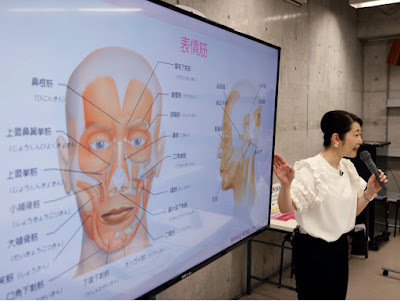 |
| Physicians for Social Reponsibility |
"...then uncontrollably I began to weep..."
—Derek Walcott, Another Life
The original child bomb
at an early hour
in the Far East
burst in the August air.
It made the atmosphere
truly luminous
like god-particles
in transfiguration of light.
Pedestrians on a bridge
were silhouettes
racing to paradise
as Buddha's smile froze.
And now after decades
the terror birthed
there, a monster
birth, is wombed again.
Treaties are twisted into
origami devil dragons
and peace bells again
are blessed but silenced
new technology multiplies
death for millions while
protesters are sent to jail,
making death much safer.
We have disremembered
the faces moistened
with molten jellies
from upturned, burst eyes.










